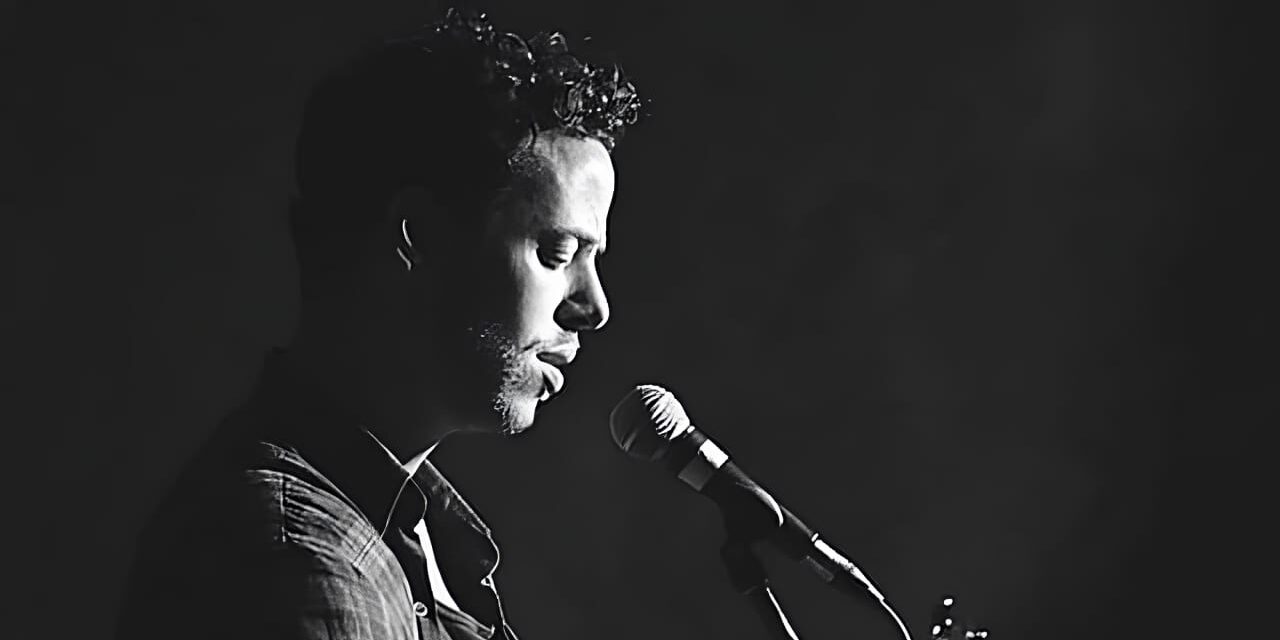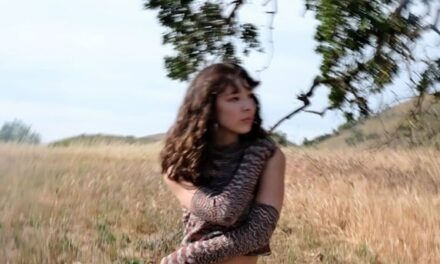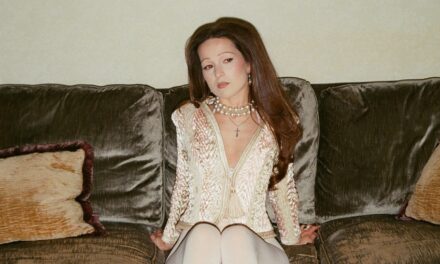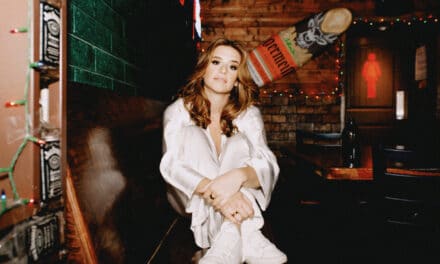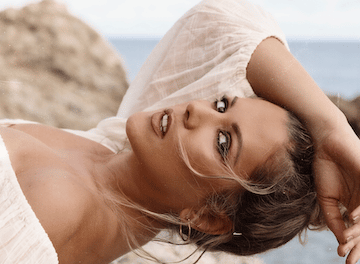Jacob de Berker, a talented singer-songwriter from South-West England, was born in October 1984 and sadly passed away shortly after his 37th birthday in 2021. His deep connection to music, especially folk, was evident throughout his life as he performed in numerous shows and toured around the world, captivating audiences with his deeply personal songs. Jacob passed away due to epilepsy, leaving behind a rich musical legacy that continues to inspire and resonate with many.
Jacob was renowned for his honest lyrics that spoke directly to the heart, portraying a vulnerable and sensitive nature that evoked a profound sense of intimacy. Whether recorded on a boat or in a friend’s living room, Jacob de Berker’s voice carried a unique warmth and depth that set him apart. His musical style, characterized by introspective lyrics, sensitive melodies, and a bittersweet delivery, is reminiscent of artists such as Nick Drake, Bon Iver, and Elliott Smith, capturing a similar emotional resonance and artistic brilliance.
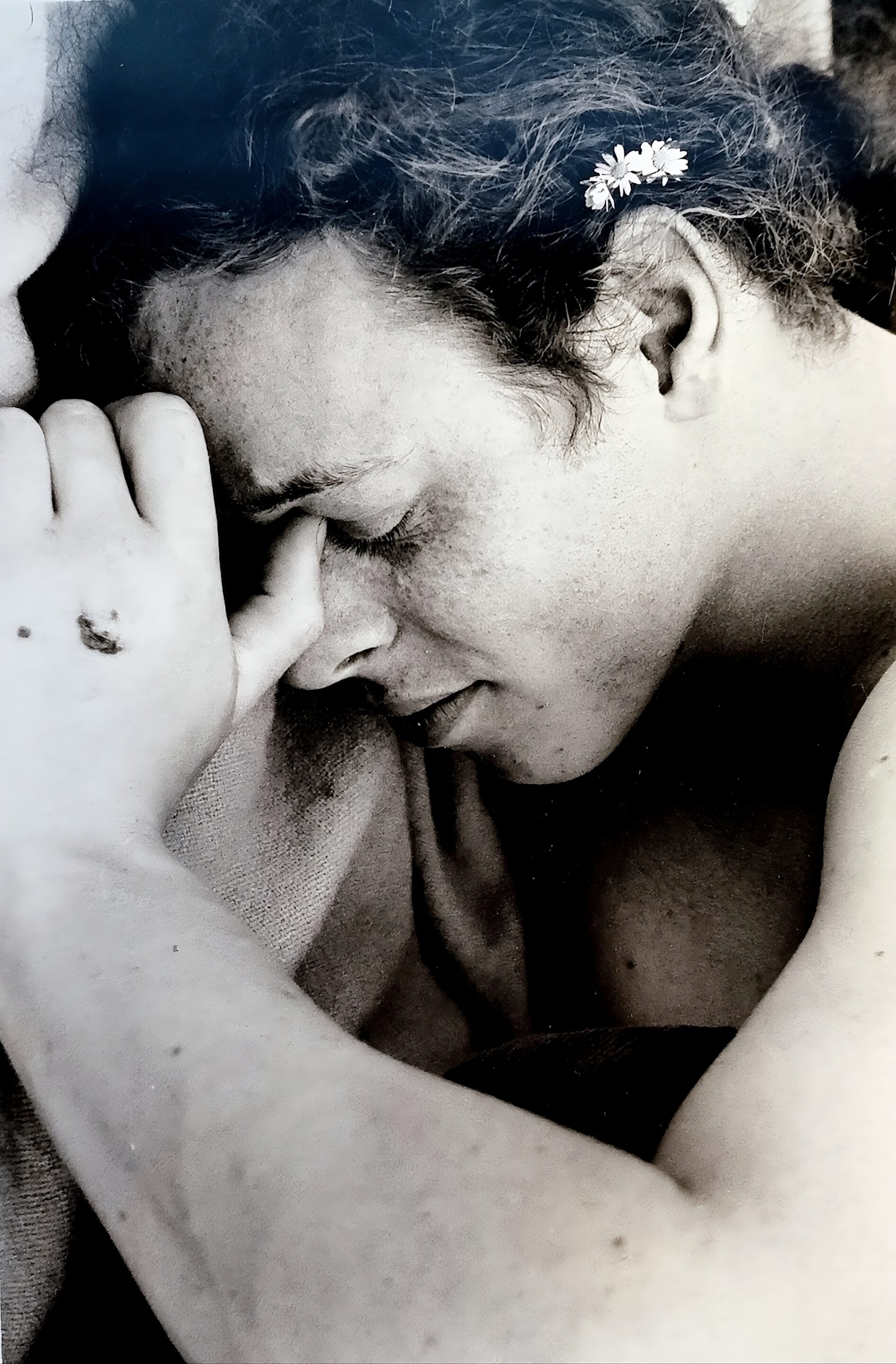
In his final years, Jacob immersed himself in creating music. He poured his heart and soul into many songs, leaving a legacy of beautiful, unreleased works. Upon hearing these recordings, his mother and sibling-in-law were deeply moved by the raw beauty and sincerity of his music. Determined to share Jacob’s gift with the world, they embarked on a mission to bring his music to light. This mission begins with a moving EP release in October 2023. It’s the first step in a larger project, with plans to unveil more of Jacob’s music in the future.
Their mission is not only to celebrate Jacob’s talent but also to raise awareness about SUDEP, the Sudden, Unexpected Death of someone with epilepsy, who was otherwise healthy. All proceeds from the EP release will be donated to SUDEP Action. A charity that provides resources and support to those affected by epilepsy, funds research to prevent future deaths, and advocates for change.
We had the privilege of interviewing Jacob’s mother, who shared heartfelt details about his life, career, and the unique qualities that made his music so special.
Tell us about how Jacob got his start in music. What do you think drew him to it?
Jacob was the middle child of 5. There was a great deal of singing and music in our home. I played the piano, and his dad the guitar. We had lots of musical instruments they could play with. We had no TV and it was before computers, so the children and their friends provided their own entertainment. We did a lot of arts and crafts, making dens, and were out in nature every day. Jacob really loved this time in his childhood and soaked up everything around him. We sang to them each night after storytime, old British folk songs were the ones Jacob continually asked for, as well as poetry. Thinking about this now, and how he would stand quietly listening to me singing and playing the piano to these ancient songs that told stories of love and heartache, about the countryside and hardship, makes me realize that this probably had a strong influence on his developing musical sensibility.
Jacob had a phenomenal memory for words and music from an early age and was a mix of impressionable sensitivity with a strong love of mischief and daredevil. He played the violin from age 4 (Suzuki style), but it was his first electric guitar at 15 that became his favourite instrument. He started composing his own songs almost straight away. We still have these early notebooks with his chord indications. He tried out several career paths before he concentrated entirely on music – art foundation year; a music course at BIMM, but he was very lonely there and didn’t find the right musical crowd he could get along with; an Osteopathy MA. He wrote songs and poetry throughout all these times. Finally, with music being his love, when he moved to London he concentrated on his career as a musician. He needed to give expression to his deep feelings in this way. He was at his happiest when either listening or watching live music with friends, or when at a small intimate venue where people listened to him play his own work.
Who were his favorite artists?
As a teenager, he played covers of the Beatles, Oasis, and James Taylor. A few years later it was Led Zepplin, Muse, Radiohead, and System of a Down. He always listened voraciously to many different styles of music, classical, folk, jazz, and world music and his elder brother who was a drummer introduced him to Rap and Hip-Hop too. He came to love Nick Drake, Bon Iver, and Bower Birds. He’d make copies of my Eric Satie’s Gymnopedie, Elgar’s cello concerto as well as Tchaikovsky, Debussy, Greig, and J.S. Bach. Sufian Stevens is another artist he liked, and This is the Kit. Towards the end of his life, he became interested and experimented with electronic, atmospheric music and listened to people like Nicholas Jaar, John Hopkins, and Christian Loffler. He’d carefully put together playlists for people and you can really see his wide-ranging love of so many different genres in these. It’s interesting that he sounds more of a folk-style musician, but his friends said he didn’t listen to folk music much. I think it came from his childhood experiences, somehow it was in his bones.
A musician’s life can be quite taxing and full of disappointments too. Did that ever worry you as a mom?
Yes, we did worry, but I too had followed an artistic career and we tried to encourage our children to follow their own stars. Jacob was a very gifted student at school and could have gone in many directions really. It was the brief time he spent at a boy’s state school between ages 12-14 that broke his confidence. Up to that time, he was brim-full of positivity. We think this period contributed to the stress and anxiety that later became a factor in the absence of seizures (epilepsy) that dogged him for the rest of his short life. We moved him to a Waldorf school after this, where he found life-long friends and became inseparable from his guitar. Music, art, and poetry became a real outlet for his soul. We weren’t sure how he would cope with all the rejection he’d inevitably have to endure, especially as he wanted to play solo, all those big egos and an over-full market of singer-songwriters! He did get very depressed at times and it broke my heart that I couldn’t help him more. Jacob sometimes described himself as a “pessimistic optimist” who “hoped for the best while expecting the worst”. We found so many beautiful new songs he had recorded on his laptop after he died but hadn’t performed and that no one had ever heard. I hope to put this right posthumously if I can.
One of the reasons for releasing this EP is to raise awareness about epilepsy and support research through SUDEP Action for this often-overlooked condition. What can or should be done to educate the public?
People need to know that epilepsy is incredibly common. There are over 60 different types. It’s in the top 10 causes of death in the under 35’s, yet nobody talks about it. It’s estimated that about 1 in every 100 people will have epilepsy at some point and 65 million globally do. Some forms start in childhood, or you are born with it. Others, like Jacob, develop it in mid-late puberty. It can be brought on by a virus infection or injury too. It still has stigma and taboo surrounding it, and in many countries (shamefully the UK and the USA) there is no government funding for research. Around half of epilepsy sufferers die of SUDEP (Sudden Unexpected Death by Epilepsy).
It’s a neurological condition like a whole range of other conditions such as migraine or Parkinson’s disease. In the UK many G.P.s don’t tell parents or sufferers that epilepsy brings with it anxiety, insomnia, depression, and feelings of poor self-worth as part and parcel of the illness. Teachers need to treat epileptic students with much more support and care. They are usually sensitive and vulnerable. Children can end up excluded from sports or other extracurricular activities and may need special requirements if they feel unwell. They cannot drive, and experience problems finding employment too. It can meet with discrimination worldwide. Doctors need to give parents and people with this diagnosis the right support and point them in the direction of organizations such as Young Epilepsy a site run by young people for young people, Epilepsy Research, and SUDEP. They have up-to-date expertise.
I wish we had known about these organizations. Even with medication, people frequently die from SUDEP, and present medication can have horrible side effects. Night seizures that the person is often unaware of are all part of the epileptic picture. The drugs only suppress and don’t cure the condition and can also make sufferers very ill with vomiting, headaches, nightmares, and steep mood swings.
If it’s not too painful for you, can you tell us a bit about Jacob’s struggle with it in order to shed some light on the condition?
Jacob, like most teenagers, went through periods of uncertainty and insecurity, especially around friendships. I think he ignored the early signs that something wasn’t quite right, thinking it would go away. His absence seizures only lasted a few seconds, but we found out after his death, they are as potentially fatal as grand mal epilepsy. He was always conscious throughout a seizure, feeling strange, light-headed, and then drained afterward. At first, he only experienced them 1 or 2 times a year. Near his death, when he approached a new doctor with the possibility of reviewing taking epilepsy medication, he had one day of 2 seizures in close succession. He may well have had night seizures which often cannot be recalled the next day. This may account for his rise in nightmares, anxiety, and insomnia which gradually increased from his late teens onwards. Not sleeping well causes more seizures and this cycle is something Jacob really struggled with. He never knew when the next seizure would come, or that depression and anxiety were part of the illness and not really due to him. With support, from other teenagers and the right medical team who cared about him, this could have been a very different picture.
Jacob was fortunate in that he always retained his high-functioning memory, which is not always the case with epilepsy, but he did suffer bouts of depression particularly when his various love affairs went wrong. He really crumpled then and felt true despair. He felt shy to tell people about his epilepsy, and I think the illness developed in him an increasingly fatalistic outlook on life. Jacob chose not to take any medication, preferring to try to control seizures by having a very healthy lifestyle – a vegetarian diet, practicing yoga, taking regular exercise and doing what he loved most, composing and performing music, and spending time with family and friends. Epileptic drugs can have many horrible side effects. He wanted to at least stay true to himself, be creative for the time he had, and not feel any ill effects of drugs. It is terribly sad that despite the love of friends and family, he felt so isolated and alone. His writing shows an awareness that he maybe did not have long to live and that he did not have enough time to fulfill the happiness in life he had hoped for.
All chronic conditions require serious attention. What message do you have for individuals and families affected by it?
Everyone should be aware of epilepsy and be informed by accredited organizations. You probably already know someone who is unaware they are beginning to suffer from it. The signs can be as slight as a child looking a bit day-dreamy, or they might have seizures at night and not know why they are so tired and fragile the next day. Contact SUDEPAction online for free to discuss it with one of their kind and helpful staff. It was set up by 5 Mum’s who had lost loved ones 25 years ago, and now it’s a worldwide movement. It needs government funding for up-to-date research if it’s to find the real cause of this stealer of young lives. I’m sure that in the future, we will be horrified that in parts of the world, epilepsy is still seen as being possessed by the devil, and that no progress has really been made since 4,000 BC as to why it occurs in the first place.
The other reason for this upcoming EP is of course to help preserve his legacy as an artist. What do you hope people will take away from these songs?
The EP brought out in October 2023 was just the first in a whole lot more albums that we hope to release bit by bit. I have published privately a book titled “Quiet Love” of all of Jacob’s song lyrics, writings, and poetry, and am working on 3 Songbooks, so people can play all his music on either guitar, piano, or banjo. He would have loved that. I just don’t want him to disappear.
I think his songs are really beautiful, diverse, imaginative, inventive, and authentic. His lyrics, like those of Bob Dylan, or Leonard Cohen are deep and speak to one’s soul. There are only a few you might dance to. They are poetic, romantic, and full of sensitivity and true musicianship and take you to another world. I feel his songs reveal what it is to be human, to feel like you live under a shadow at times yet also a beauty of connection with people, nature, and the elements that can help you transcend your sorrows. I feel we need people who can bring a mirror up to the way in which we humans behave towards each other, and how we often damage another’s heart for our own gain. Many of his friends talk of how his songs reflect his acute perception of the world that they too recognize. He truly was a man of the heart speaking truthfully about his experience of living in an often confusing and difficult world. I’d just like people to properly hear what he has to say and to, like him, be brave in facing life honestly.
What’s your favorite song of his?
Oh, that’s a hard one! From this EP “Drinking Song” has got a great drive to it. I saw him perform this live in Bristol and everyone really got up and danced to this one. “Move” has Jacob in a fatalistic, floating along the river of life mood. It’s a theme he develops over the years in a beautiful way, and I love the rippling banjo in it, the new instrument we gave him when he was in his 20s. “Butterfly Nets” is about looking back on his childhood and home. It’s so poetic and full of Jacob-style imagery and imagination. This has to be one of my favourites. In “No Captain” I love the Hieronymus Bosch ‘ship of fools’ imagination here. Jacob had a wicked sense of humor and had a very British way of finding things hilarious when disaster struck. One of his childhood friends has even had the words “No Captain” tattooed on his arm. “Daffodils”, well who wouldn’t fall in love with this song? This maybe has to be my favourite. It touches me so deeply every time I listen to it. It has all the big, loving heart that was Jacob and the sad, un-requited honesty of him too.
Lastly: Who was Jacob de Berker? What was he like? How do people remember him even now?
Despite not ever finding his true soulmate, Jacob had literally hundreds of friends around the world who contacted me the instant he died and are now still in communication; women, men, children, and older people too. Like his love of all music, he could and would talk and make friends with anyone. At his memorial in England and in the Netherlands so many people grieved his sudden departure, his loving, funny ways, and his perceptive creativity. He was rather a one-off who you don’t meet the likes of many times in your life. He had a way of always leaving a deep impression on people since childhood. There was something unusual, out of the ordinary about him with his curly, light brown hair, pale blue/grey eyes, deep affection, mad sense of humor, and a huge grin that lit up the room; his amazing photographic memory, love of cooking, camping, music making and generally loving to make others happy is unusual. People also remember him as a mass of contradictions; silly and serious, strong and fragile, old beyond his years, yet young and naïve. I think you can find this diversity in the colours and tones of his musical artistry. As one friend put it recently “Ultimately, he was a close friend and ally to many because of his delicate sensitivity towards the nature of being human.” He wasn’t shy on stage but was a very modest, self-effacing person. I’d like to end with a quote from Jacob himself, from one of his posts when he was in his mid-20’s
“My ideal day would be spent lounging around with friends, going to the beach then all cooking a massive meal before pushing back the chairs and having a dance and eventually ending up drinking red wine and playing guitar to them. Music is the shit! I love it and think it should be used more in international relations. Rather than wars, there should be sound clashes and the country that gets the most people dancing wins.”

